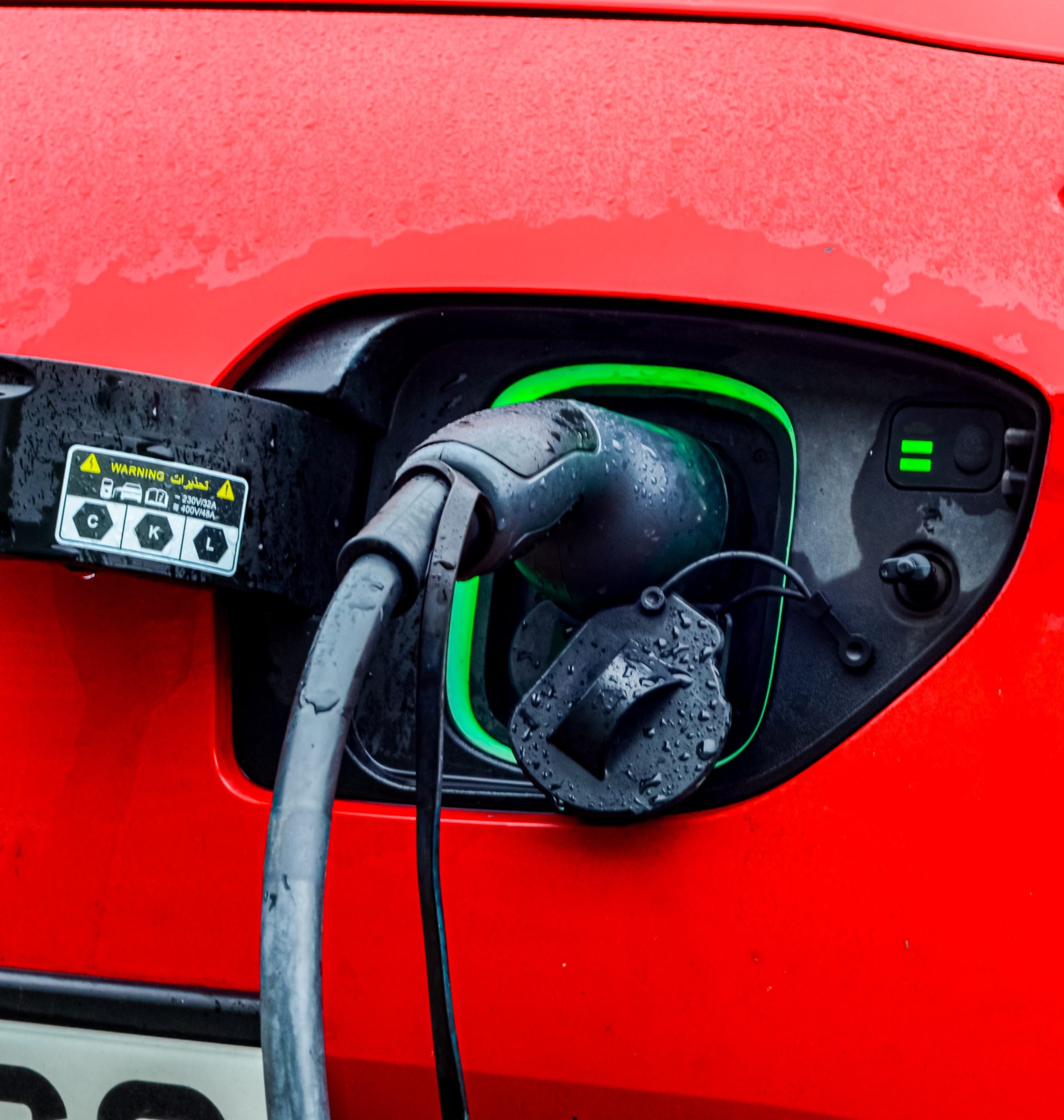All Your Electric Vehicle Questions Answered
Thinking about getting behind the wheel of an electric vehicle? We chat to our mechanic, Carl, about whether it’s worth it.
Electric vehicles are enjoying a real moment in the sun as we as a society steer towards a more sustainable and environmentally friendly future. The ACT is currently leading the way by aiming for 80-90% of light vehicle sales being zero emissions vehicles by 2030. There’s little doubt that the rest of Australia will soon follow in its footsteps.
So, if you’re in the market for a new vehicle, now is a great time to consider your hybrid and electric options. But as with all big decisions, it’s important you get all the facts first.
We recently sat down with our mechanic Carl, whose trained to service electric vehicles, to get the answers to some of our burning EV questions.
So Carl, how is an electric car built differently to a standard vehicle?
Everything about an electric or EV car is built for efficiency, through and through. The main architecture of the car is the same, it’s the electrical system and component positions that differ. Electrical parts such as the battery are positioned lower down in the vehicle while the tyres are positioned to roll easier. All of these little tweaks help it achieve lower emissions and higher fuel savings.
Are electric cars lighter by design?
You would think so, but hybrid or HEV cars with internal combustion engines are very weighty because you've got the petrol motor AND the battery packs. If the car is fully electric, however, you only have the weight of the battery packs, which should be equivalent to a traditional car.
You might open the hood of the car and see fewer mechanics, but that’s only because everything’s designed to fit under the floor. Interestingly, that does centralise the weight rather than base it at the front of the vehicle like a traditional vehicle.
What is the benefit of driving electric?
The major benefit is obviously not having to pay to put fuel in the car, and fuel prices are far from cheap at the moment. In comparison, to fully charge a electric vehicle would only cost you $15 to $20 at a service station.
One perceived drawback is the ‘range’ of an EV – people are worried the batteries will run out when the reality is that us Aussies only drive about 40-50 kilometres a day. So an EV may not be ideal for someone like a tradie or a sales rep who travels a lot, but it’s a fantastic option for those who live in the city or are looking for a reliable second car.
Is it a hassle to charge electric cars?
Not necessarily. Some Hybrid vehicles don’t even require charging, the internal combustion engine simply kicks in when you need extra juice. EV vehicles with plugs, on the other hand, can be hooked into a ‘Granny Charger’ at home. Here’s the first major drawback – a full charge can take between 7–14 hours, which is quite slow.
That being said, you can fork out $250k for a Tesla that charges within five minutes at home. However, service stations will have rapid chargers for you to access – at their own costs – which means they’ll be will be wanting you to spend up big at the till!
So as long as it’s convenient for you to charge your car overnight and you don’t expect to be doing a substantial amount of driving, the savings could be substantial.
Is the nation’s power grid strong enough to support mass vehicle charging?
Definitely not at this stage, but we are ten years behind the rest of the world when it comes to electric vehicles. In time, the infrastructure should catch up.
Is it more expensive to service an electric car?
Not necessarily. You may think that because you don’t have to do things like oil changes, it will be cheaper. But EVs still have tyres, brake fluid, brake pads, windscreens, washer motors, suspension components and more that still needs to be maintained. It’s really only the engine oil you’ll be dropping off the service list. Further to that, extra care will need to paid to cooling systems to ensure long battery life.
What are some of the best electric vehicles available in Australia at the moment?
Strangely, a lot of the manufacturers seem to be designing these funky, futuristic cars when all people really want is an efficient vehicle that looks ‘normal’. A good case and point is Tesla. Unfortunately, the build quality just isn’t up there.
Toyota on the other hand has been manufacturing hybrid vehicles for a decade, like the Yaris Cross and Rav4, which means they’re leading the way in that regard. Mitsubishi are also making plug-in hybrids, but again, they’re cruising under the radar, even though the warranties on these vehicles are fantastic.
What are the environmental benefits of going electric?
There’s some exciting technology coming out of the U.S. that suggests we’ll be able to really prolong the life of vehicles and see less waste go to landfill. Hydrogen batteries, for example, are recyclable, which means you’d achieve zero emissions and see a serious reduction in discarded car parts, like engines.
You and another Accelerate Automotive mechanic, Simon, recently did your electric vehicle training. What were some of the biggest takeaways?
People underestimate the voltage that these cars actually have. They pump out more power than your house does, which means you have to be careful around the cables. Fortunately for us, it’s all very well labelled.
Also, I didn't understand that there are three different ways plug-in hybrid cars are designed. One variant sees the motor spin the generator to charge the batteries, another uses both petrol and electric to together power the wheels, and the third option sees the petrol work independently of the electric motor. And the size of the electric motors blew me away; they were no taller than the size of my hand.
These little cars can basically go from zero to 100 kilometres in three seconds when it would take an everyday car ten. You’d expect to pay upwards of $100,000 for a performance petrol vehicle to deliver the same performance.
So, to EV or not to EV, that is the question?
Ultimately, the decision is up to you and your unique situation. If you’ve got the space and time to charge your car at home, and don’t have the need to drive it hundreds of kilometres each day, it could certainly we a worthwhile investment.
Here at Accelerate Auto, we’re fully qualified to service electric vehicles. So, if you’re thinking about making the move to an EV, you can add the fact that it can be serviced by Brisbane’s most trusted automotive car mechanic to the ‘pros’ list.

